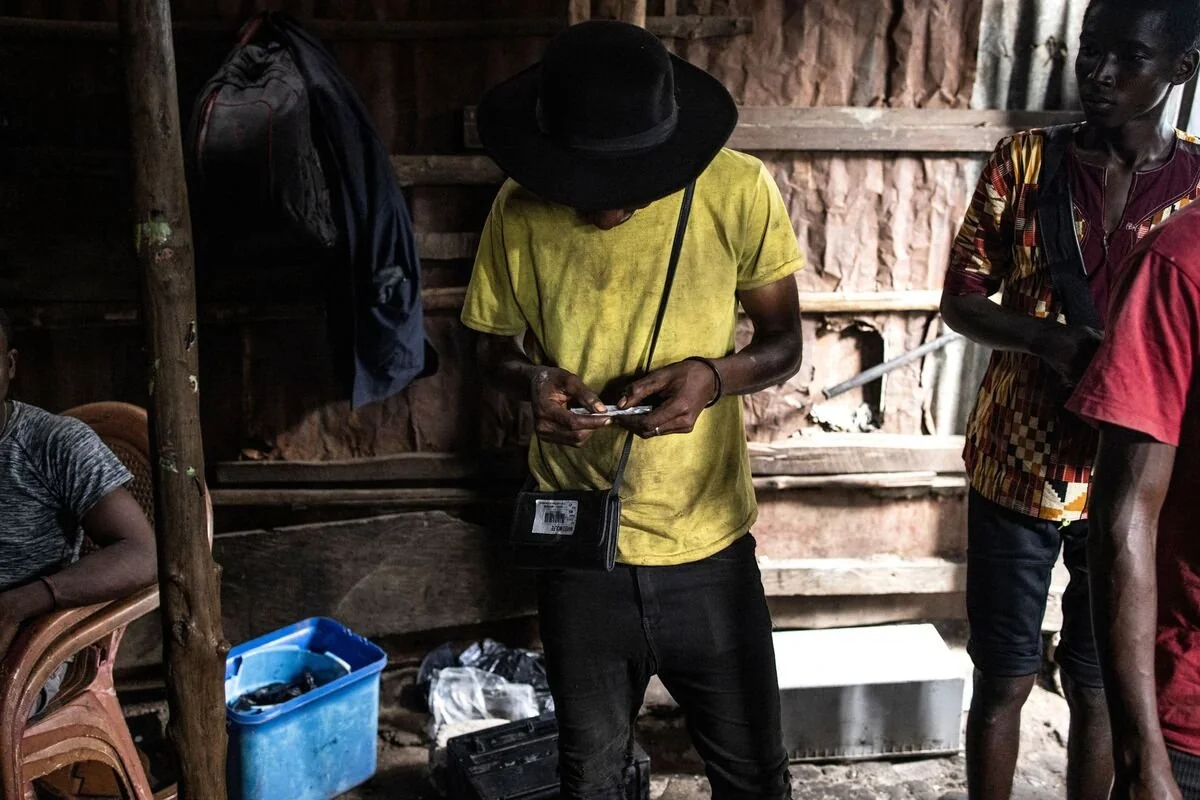The President of Sierra Leone, Julius Maada Bio has declared a national emergency over rampant drug abuse in the country which is fast becoming a national epidemic.
Africa Today News, New York reports that Kush, a psychoactive blend of addictive substances, has been prevalent in the country for years.
President Bio called the drug a “death trap” and said it posed an “existential crisis”.
One of the ingredients of the drug is derived from human bones, leading to increased security measures in cemeteries to prevent addicts from digging up skeletons.
It is common to see groups of young men with swollen limbs due to kush abuse on street corners in Sierra Leone.
With a bandage around his ankle, one recovering addict told newsmen that the drug has a tight grip on him.
“I don’t like doing this, but I cannot leave it because I enjoy it,” he said.
There is no official death toll, but one doctor told the BBC that “in recent months” hundreds of young men had died from organ failure caused by kush in the capital, Freetown.
The psychoactive substance also takes a toll on mental health – the Sierra Leone Psychiatric Hospital, the country’s only institution of its kind, says between 2020 and 2023, admissions linked to kush surged by almost 4,000% to reach 1,865.
And the spike in kush use has seen Freetown’s main cemeteries request police security to protect themselves from young men digging up skeletons – ground-up human bone is one of the many ingredients used to make kush, although it is not clear why.
In a nationwide broadcast on Thursday night, President Bio said: “Our country is currently faced with an existential threat due to the ravaging impact of drugs and substance abuse, particularly the devastating synthetic drug kush.”
He added that there had been “escalating fatalities” among kush users.
The president also directed officials to set up a National Task Force on Drugs and Substance Abuse, which will primarily focus on “combatting the kush crisis”.
He said centres will be set up in every district and “adequately staffed by trained professionals to offer care and support to people with drug addiction”.

